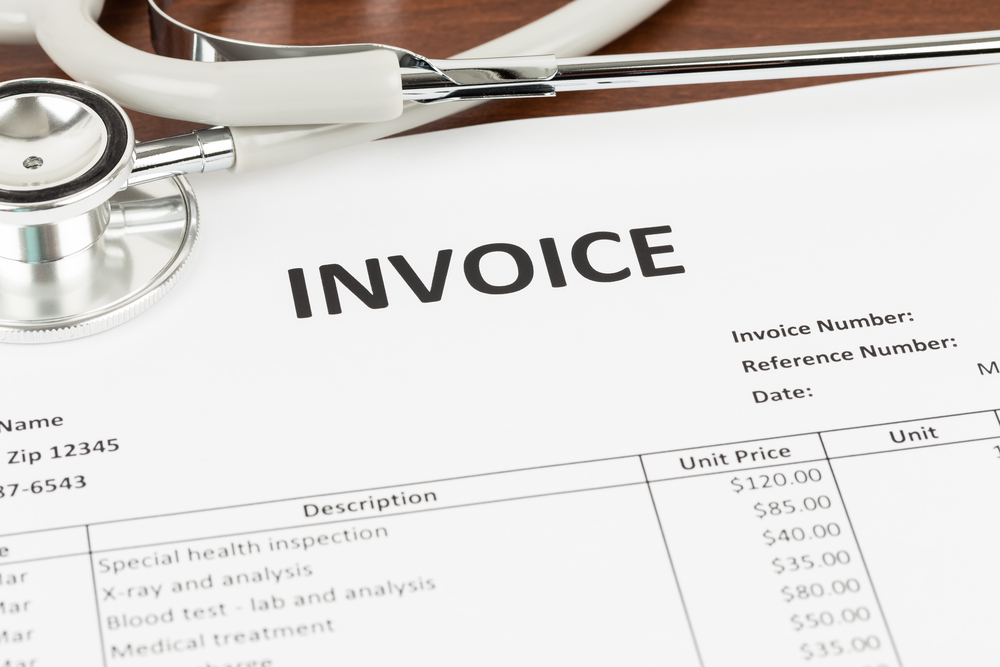
For millions of Americans, medical bills are the debt they never saw coming. Even insured families can face thousands in surprise charges from a single hospital stay. But a growing number of charities are stepping in to do what few think is possible—erasing that debt entirely. These organizations buy or forgive medical debt for pennies on the dollar, freeing families from crushing financial strain. Here are 10 charities and nonprofits giving people a genuine second chance by wiping medical debt clean.
1. Undue Medical Debt
Undue Medical Debt is the best-known organization dedicated to eliminating unpaid medical bills. Founded by former debt collectors, it purchases bundled medical debt portfolios from hospitals and collections agencies—then forgives them. Each dollar donated erases about $100 in medical debt. To date, Undue Medical Debt has abolished over $10 billion in debt for millions of Americans nationwide. Donors can even target specific regions or hospitals for relief campaigns.
2. Dollar For
Dollar For helps patients use existing hospital charity care laws to cancel their own bills. Many hospitals are legally required to forgive debts for low- to middle-income patients, but few know how to apply. Dollar For guides applicants through the paperwork and advocates directly with hospitals. Its founder, Jared Walker, turned his family’s financial crisis into a movement that’s saved thousands from collections. Their services are always free and fully transparent.
3. The HealthWell Foundation
The HealthWell Foundation provides direct financial assistance for insured patients struggling with out-of-pocket medical costs. Instead of erasing debt retroactively, it helps prevent it in the first place. The nonprofit covers copays, coinsurance, and premiums for more than 80 chronic and life-altering conditions. Since 2003, it has distributed over $3 billion to patients in need. HealthWell’s approach ensures financial barriers never stand between patients and treatment.
4. The PAN Foundation
The Patient Access Network (PAN) Foundation focuses on helping underinsured Americans manage treatment-related costs. It pays expenses like copays, travel, and medical supplies for specific diseases. The foundation partners with healthcare providers nationwide to streamline funding applications. In 2024 alone, PAN provided over $400 million in direct aid to more than 300,000 patients. For many, it’s the safety net between manageable care and financial catastrophe.
5. The Assistance Fund (TAF)
The Assistance Fund offers support to patients with rare or chronic diseases, covering medication and insurance-related costs. Their mission centers on equity—ensuring access regardless of income or background. TAF currently supports over 80 disease programs and works closely with advocacy groups to identify high-need areas. Since its founding in 2009, it has distributed more than $2 billion to struggling families.
6. CancerCare
Medical debt is particularly devastating for cancer patients, and CancerCare offers both financial and emotional support. It provides limited grants for treatment-related expenses, transportation, and home care. What sets CancerCare apart is its inclusion of counseling and community support. Dealing with debt isn’t just financial—it’s psychological, and this charity tackles both sides. Over 90% of donations go directly to programs for patients.
7. Patient Advocate Foundation
The Patient Advocate Foundation (PAF) provides case management for patients navigating medical bills, appeals, and insurance disputes. Unlike many charities, PAF offers trained advocates who negotiate directly with providers and insurers. Their team helps resolve coverage denials and secure charity care relief. Since 1996, they’ve helped more than 1.5 million patients avoid debt escalation. For those stuck between hospital bureaucracy and collection calls, PAF offers a lifeline.
8. The Leukemia & Lymphoma Society (LLS)
The Leukemia & Lymphoma Society isn’t just a research nonprofit—it also provides critical financial relief. Its Co-Pay Assistance Program helps blood cancer patients manage insurance premiums, travel expenses, and treatment costs. LLS also runs an Urgent Need Program offering one-time grants for families facing crisis-level bills. Since its inception, the program has distributed hundreds of millions in patient aid. LLS stands out for combining advocacy, research, and financial care.
9. National Foundation for Transplants
For transplant patients, medical debt doesn’t end with surgery—it often grows through lifelong medication costs. The National Foundation for Transplants (NFT) assists by managing fundraising campaigns and helping patients pay uninsured expenses. The nonprofit has raised over $100 million since 1983. It also provides financial coaching to help families stay afloat during recovery. For patients facing six-figure medical costs, NFT’s support can mean survival and stability.
10. Modest Needs Foundation
While not limited to medical bills, the Modest Needs Foundation funds emergency grants for individuals facing short-term crises—including sudden medical debt. It verifies applicants’ needs through documentation, then pays vendors directly (like hospitals or landlords). The organization’s focus is on preventing people from sliding into poverty due to one bad month. Thousands of Americans have avoided collections and evictions thanks to their microgrant model.
A Fresh Start for Those Who Deserve It
Medical debt shouldn’t define anyone’s future. Whether through forgiveness programs like RIP Medical Debt or practical aid from organizations like HealthWell and PAF, real solutions are emerging. Each dollar donated or shared resource helps restore dignity to families overwhelmed by bills they never chose. If you’ve been burdened by medical costs, help exists—and it’s often closer than you think. Which of these charities would you trust to make the biggest impact?
Have you ever received medical debt relief—or helped someone get it? Share your story or recommend a trusted charity below.
You May Also Like…
- How to Negotiate Medical Bills Like a Pro After Surgery
- Will Unpaid Medical Bills Hurt My Credit Score in 2025?
- 8 Insurance Benefits You Lose After 70
- Surprising Ways Grandparents Can Help Their Adult Children Without Enabling Debt
- Strategies For Preventing Medical Debt: A Guide To Financial Security

Teri Monroe started her career in communications working for local government and nonprofits. Today, she is a freelance finance and lifestyle writer and small business owner. In her spare time, she loves golfing with her husband, taking her dog Milo on long walks, and playing pickleball with friends.
Comments